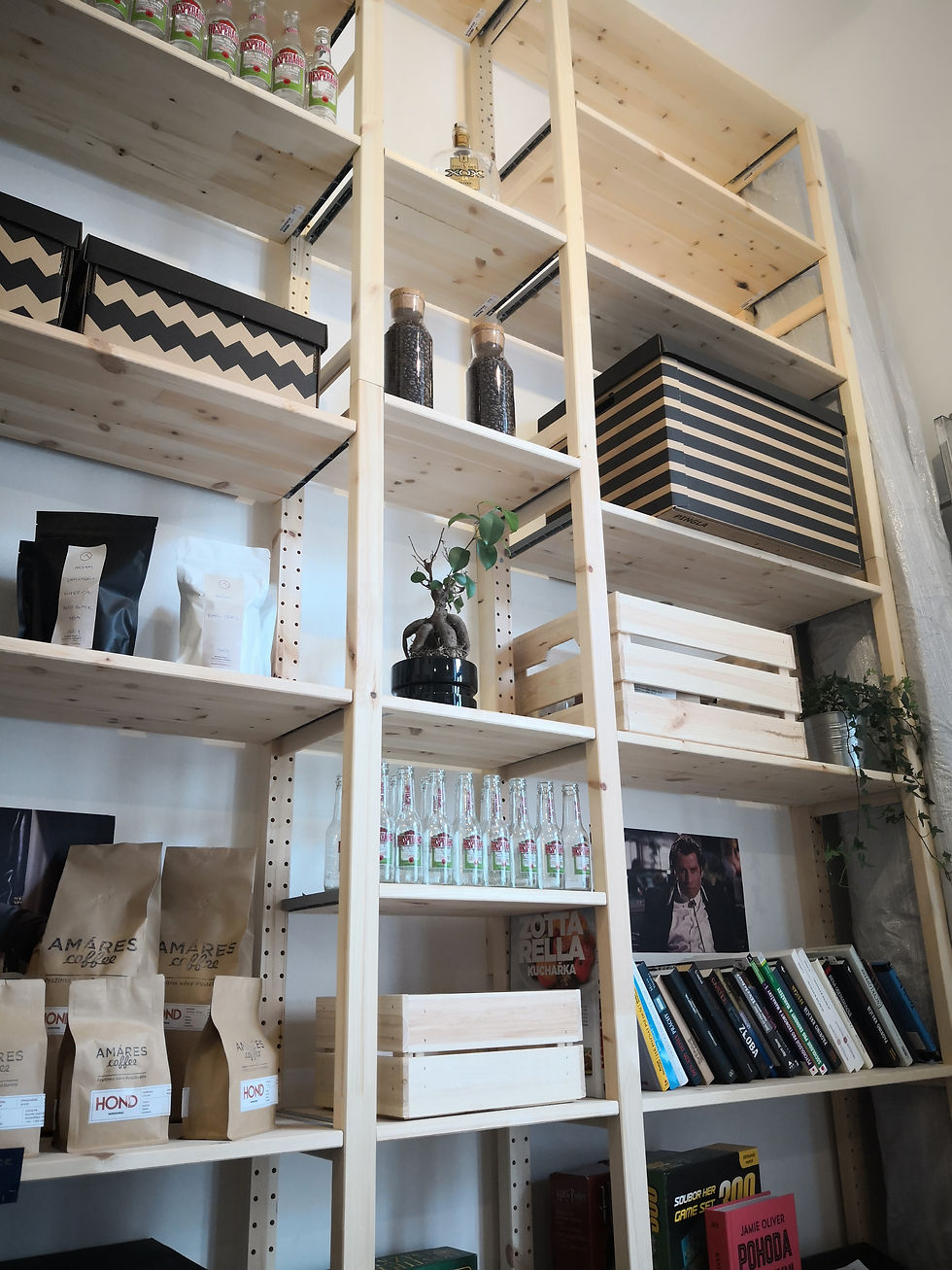How Coach Training Has Transformed the Way I Work With Clients as a Professional Organizer: Coaching for lasting change
- Nov 29, 2024
- 3 min read
Updated: Nov 17, 2025

As a professional organizer, my mission has always been to help clients create functional, peaceful spaces that support their lives. Sometimes organizing work with clients organically expands into meaningful conversations about not only creating a space that functions, but also a life that fits their values and goals. Taking classes with the Coach Approach Training Institute has opened up an entirely new dimension to this work. While organizing focuses on physical spaces, coaching addresses the emotional and mental blocks that often hold people back from achieving their goals. Combining these skills has transformed the way I approach organizing, making my work more informed, effective, and rewarding.
Here are a few ways coaching training has enhanced my ability to serve my clients:
1. Shifting From “Fixer” to Partner
Before coaching training, I often felt the pressure to solve problems for my clients. While this approach seemed helpful, it sometimes left clients feeling disconnected from the process.
• Now: I view myself as a partner, guiding clients to uncover their own solutions. Instead of imposing systems, I collaborate with clients to co-create ones that work for their unique needs and preferences.
• The result: Clients feel empowered and invested in maintaining the changes because they’ve actively participated in designing them.
2. Understanding the “Why” Behind Disorganization
Coaching has deepened my ability to uncover the emotional and psychological factors driving disorganization.
• Before: I might have focused solely on decluttering or creating systems without exploring the root causes of clutter or time management struggles.
• Now: I help clients dig into the “why” behind their behaviors—whether it’s perfectionism, fear of letting go, or difficulty with decision-making. This insight allows us to create strategies that address underlying challenges, not just surface-level symptoms.
3. Helping Clients Set Meaningful Goals
Coaching has taught me to prioritize what matters most to my clients, rather than assuming their goals align with my idea of organization.
• Now: I use coaching techniques like skillful questions to help clients clarify their vision.“How would it feel to open your closet and see only things you love and use?”
• “What is most important to YOU about how this space should function?”
• The result: Clients are more motivated and focused because the work is tied to their values and aspirations.
4. Navigating Resistance With Empathy
Organizing can bring up strong emotions—anxiety, guilt, or overwhelm. Coaching has equipped me with tools to navigate resistance without judgment.
• Before: I might have interpreted resistance as a lack of motivation or willingness to change.
• Now: I understand resistance as a natural part of the process and an opportunity to explore deeper issues. By asking open-ended questions and validating feelings, I help clients move through their hesitations at their own pace.
5. Supporting Clients With Unique Challenges
My coaching training has been especially impactful for clients with chronic disorganization challenges like ADHD and other brain based conditions.
Now: I help clients reframe setbacks as learning opportunities and celebrate progress, no matter how small. For example, if a client struggles to declutter, we might focus on the fact that they sorted through one drawer instead of focusing on what’s left to do.
• The result: Clients gain confidence and are more willing to take on future challenges.
6. Fostering Long-Term Change
The most significant transformation in my work has been the ability to create lasting change for clients.
• Before: Clients might have felt organized immediately after a session but struggled to maintain systems over time.
• Now: By addressing mindset, habits, and emotions, I partner with clients to help them identify systems and strategies that work for them long term.
Coaching training has been a game-changer in my work as a professional organizer. It’s taught me to focus not just on spaces but on the people living in them—their needs, struggles, and aspirations. By combining the practical skills of organizing with the emotional intelligence of coaching, I can offer a more holistic and transformative experience for my clients.


Comments